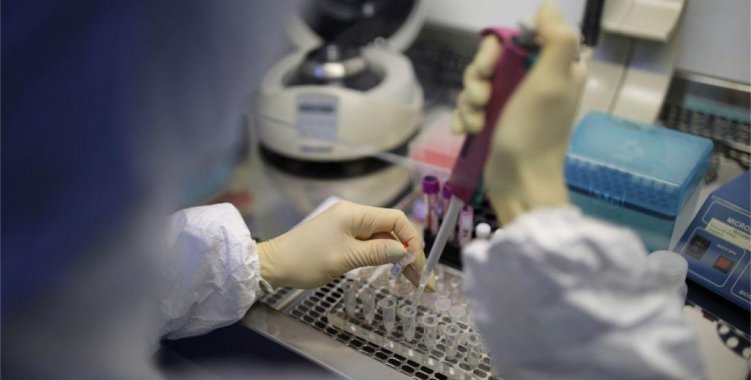Silvia Lutucuta, who spoke in Luanda, pointed that this number could be increased "as necessary".
The laboratory of the National Institute of Health Research (INIS) has so far tested 169 samples of which three have given positive results.
At the moment, according to the minister, the INIS has only two samples to analyze, although it has the capacity to do up to 91 tests per day.
She explained that the number of laboratories producing the reagents needed to perform the tests has progressed as the disease has advanced, but countries would only have access to the reagents, through the WHO, when the first suspected cases appeared.
"It was only when the first suspect case came up, which was negative, that we had access to the reagents and stopped sending the samples to South Africa and were able to have the local capacity to start testing," she explained.
The minister also indicated that Angola will continue to receive "humanitarian flights", which will not only bring back to the country Angolans who were abroad when the borders closed on 20 March, but also cargo and technical staff.
"We will need to bring the biosecurity materials, to bring technicians who will come to give support and it is these flights that are planned. We will try to control the situation that we already have in hand and as we take steps safely, we will take the necessary and appropriate measures," she said.
According to Sílvia Lutucuta, the government has been working to ensure that stocks of biosecurity equipment, such as masks and gloves, are adequate for the intended response, saying that local purchases are being made "in other latitudes".
"The Chinese market is already rising again and is one of the world's major suppliers of biosafety equipment," she said.
The minister also said that the contingency plan drawn up to combat the pandemic involves some 20 ministries, including Transport and Trade, which will develop measures to control agglomerations in buses, public transport, trains and markets.
Angola announced on Monday a new confirmed case of infection with the new coronavirus, bringing the number of infected patients to three.
All cases concern Angolan passengers who arrived last week on flights from Portugal.







